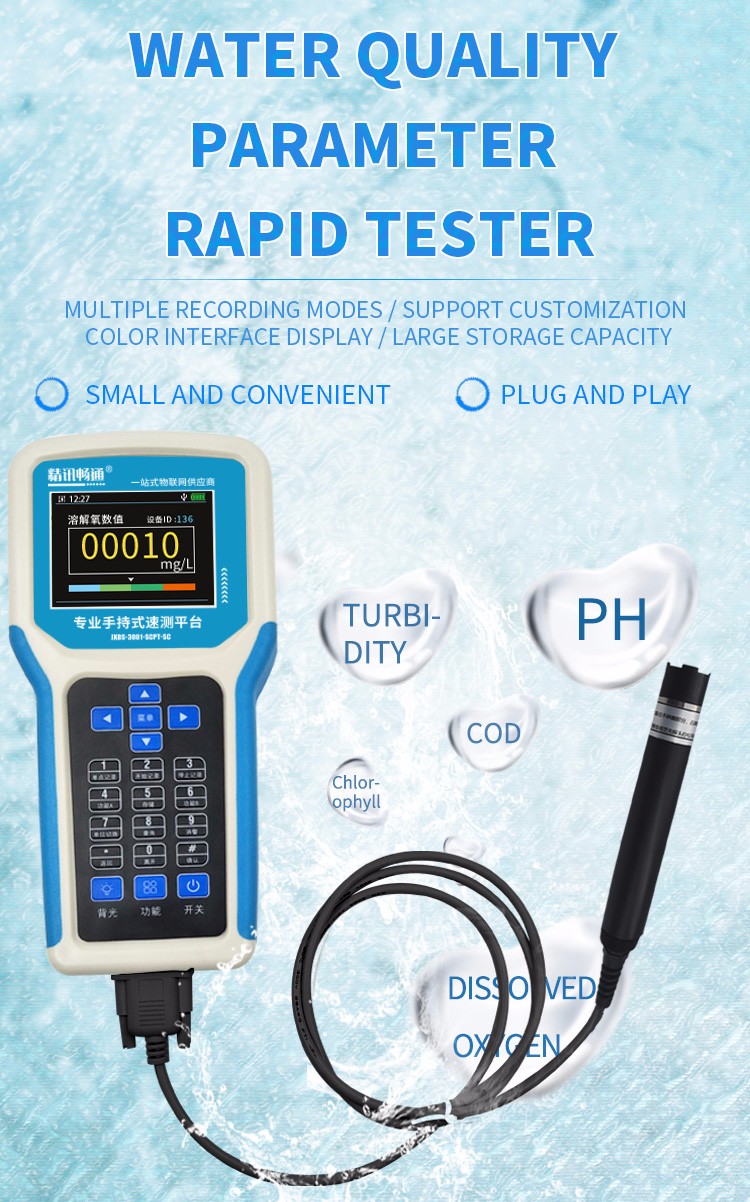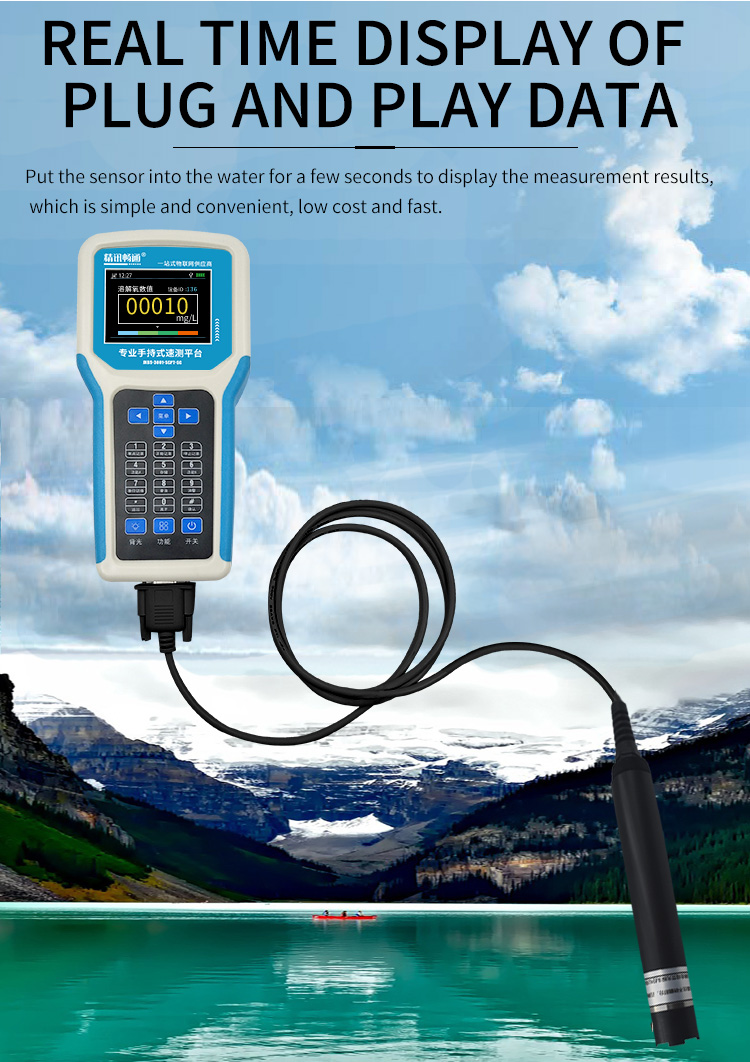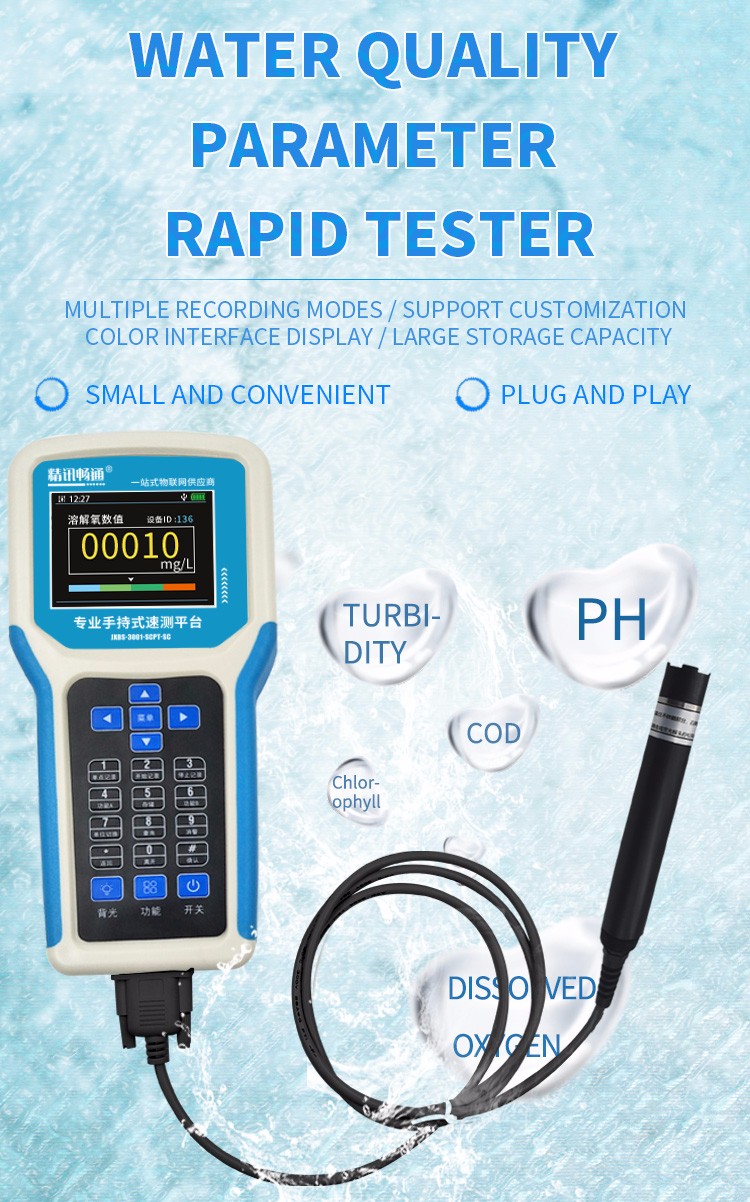Water is essential to life on earth and plays a critical role in supporting ecosystems, sustaining human well-being, and driving economic development. However, human activities have significantly impacted water quality, leading to pollution, degradation, and depletion of water resources. To address these challenges, water quality monitoring has become increasingly important, with advanced techniques and technologies offering new opportunities to enhance environmental protection.
Advanced water quality monitoring techniques involve the use of innovative sensors, data analytics, and modeling tools to track and assess water quality parameters in real-time. This allows for more precise and accurate monitoring of water quality, enabling timely detection of pollution events, identification of pollution sources, and better management of water resources.

One example of an advanced water quality monitoring technique is the use of optical sensors to measure water quality parameters such as dissolved oxygen, turbidity, and chlorophyll levels. These sensors work by emitting light into the water, which interacts with suspended particles, dissolved substances, and microorganisms. The reflected light is then analyzed to determine the concentration of different substances, providing valuable insights into water quality and ecosystem health.
Another example is the use of acoustic sensors to monitor underwater sound waves, which can reveal information about water depth, temperature, and water movement. This information can provide insights into water quality, marine biodiversity, and aquatic habitat conditions, which can inform ecosystem management decisions.
Furthermore, the integration of remote sensing and satellite imagery with water quality monitoring techniques allows for monitoring of large water bodies such as lakes and reservoirs. This enables the detection of algal blooms, harmful pollutants, and other changes in water quality that might not be detected through traditional monitoring methods.

Moreover, artificial intelligence and machine learning algorithms can process large amounts of data generated by water quality sensors and provide quick and accurate assessments of water quality. This allows for more proactive and data-driven decision-making, leading to improved environmental protection and resource management.
However, despite the many benefits of advanced water quality monitoring techniques, there are still significant challenges to overcome. For instance, these techniques can be costly and require specialized expertise to be effectively implemented. Furthermore, data privacy concerns can arise when collecting and sharing data from different sources, particularly in areas with sensitive ecosystems or stakeholder interests.
To address these challenges, a collaborative and interdisciplinary approach is needed, bringing together experts from various fields such as engineering, computer science, environmental science, and policymaking. This cross-functional approach can help find solutions to the technical, economic, and regulatory challenges associated with implementing advanced water quality monitoring techniques.
Additionally, promoting public awareness and engagement is essential for building public trust and encouraging community involvement in water quality monitoring. Educating the general public about water quality issues, the role of monitoring, and the impact of human activities on water resources is crucial for ensuring adequate support and participation in water resource management.
In conclusion, advanced water quality monitoring techniques offer promising opportunities for enhancing environmental protection and sustainable development. The integration of innovative sensors, data analytics, and machine learning algorithms can provide more accurate and timely data on water quality, supporting better decision-making and evidence-based policy development. However, effective implementation of these techniques requires overcoming technological, financial, and societal challenges, which can be addressed through collaboration and stakeholder engagement. By supporting the sustainable management of water resources, we can ensure that future generations have access to clean water and a healthier environment.







